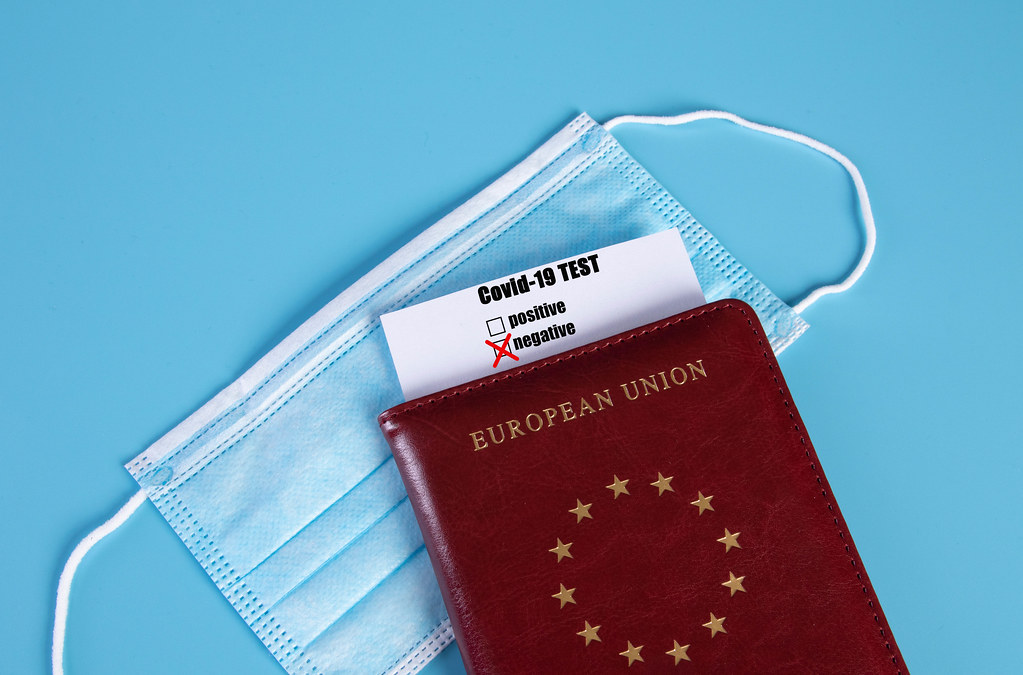It is a new year, and a new wave of COVID-19 restrictions is upon us. With the omicron variant escalating at a rapid rate, the province of Quebec has reinforced strict lockdown measures to curb the spread of the virus. McGill University, which previously planned to begin in-person classes the week of January 10, recently announced a plan to continue online instruction until at least January 24.
The switch from in-person to online learning has presented a particular challenge for McGill’s international students. In addition to concerns about avoiding the virus and keeping their mental health afloat, international students must also plan remotely about how and when they are returning to campus this spring.
The Bull & Bear sat down with a trio of international students in their final semesters to discuss their thoughts about the semester ahead, as well as the challenges of graduating during yet another wave of the COVID-19 pandemic.
Madelyn Evans, a U3 political science student, shared her experiences planning a return to campus from her hometown in Connecticut. “I’m moving into a new apartment…which means my parents are coming to help me pack my stuff. […] With Omicron, Quebec put a lot of the old restrictions back in place.” She explained the testing requirements can make the plan to return to campus much more laborious. “We’ve been on the down-low, because my family knows we need negative tests to travel back into Canada.”
With tests, you have to plan well in advance for getting back into Canada.
To enter Canada, the federal government currently requires both proof of vaccination, as well as a recent, negative COVID-19 test upon arrival. This thorough screening process can take over a week, as countries across the world are currently facing test shortages.
International students agreed that the university ought to be more mindful about how long the travel process takes when communicating major decisions.
“If [the administration] could be more clear from an earlier date about their decisions, it would be helpful for international students and their travel plans,” explained Evans. “With tests, you have to plan well in advance for getting back into Canada.”
Hùng Lorin, U3 Faculty of Management, shared a similar experience of logistical struggles. Lorin lives in Bordeaux, France, but he travelled to Barcelona during his return. “It’s a shame that we are only given a week [of notice],” Lorin commented, explaining that booking overseas flights can take a lot of time and planning. “It’s disrespectful to international students. I feel like we should be given much more notice.
More could be done so students aren’t completely left alone.
Gabbi Jansen, a U3 clarinet and orchestral performance student, explained that her strict degree requirements complicate her return to campus. Many students in the Faculty of Music must perform in an ensemble to earn their degree, which involves gathering in person with other wind-instrument players. As of now, there is no online alternative to this component of Jansen’s degree.
“I definitely think there could be at least a little more support just in terms of making sure that people can have confidence that they won’t have to take off the semester or graduate late just because they cannot meet the circumstances [sic] that McGill imposes on very short notice.” Jansen recalled how the previous year involved intricate flight planning so she could safely return to her hometown in the United Kingdom, but the university did not help her in the process. “More could be done so students aren’t completely left alone.”
Nevertheless, international students conceded that it would be unfair to put the onus of the blame entirely on McGill’s administration, as they cannot control aspects like curfew. “I know a lot of this is not McGill’s decision,” said Evans. “A lot of it is the Quebec provincial government’s decision, but it is just really frustrating that I am going back to Quebec the exact same way it was a year ago. It’s déja vu.”
It’s really on us to help each other.
Escalating COVID-19 rates, shifting rules, and social isolation can be a perfect storm for mental health problems. With little support, McGill’s international students have found ways to practice self-care and weather through this stressful period.
“It’s been a little stressful,” admitted Jansen. “I have just been trying to keep in touch with friends and talk to people regularly. I haven’t seen anyone in person since my last final two weeks ago. I was babysitting my friend’s cat, if that counts [as self-care.] Also, antidepressants!”
Lorin also mentioned how contacting friends has sustained his mental health. “I try to be on the side of reaching out to people. For example, I’m on the rugby team and other communities at McGill, and we keep in contact with each other.” Nevertheless, Lorin wishes that the university administration did more to check in with its international students. “It’s really on us to help each other. It’s like we’re left out in the jungle.”








